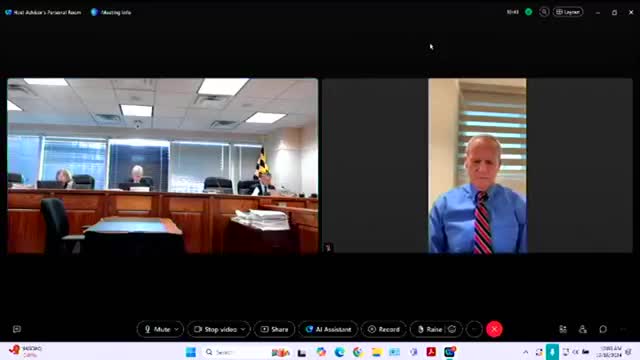Article not found
This article is no longer available. But don't worry—we've gathered other articles that discuss the same topic.
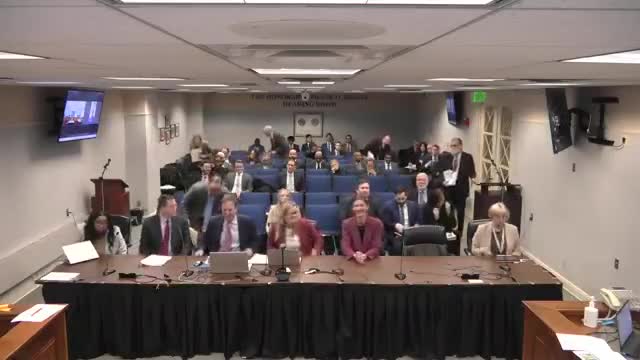
PSC accepts Empower Maryland surcharge filings; Potomac Edison's amortization method left in place
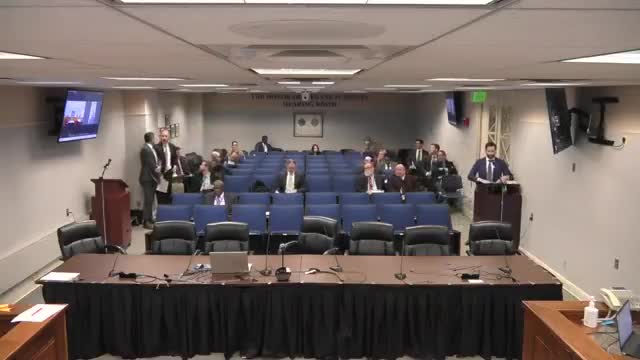
PSC takes CCSA's community solar market-waiver request under advisement; parties discuss queue transition
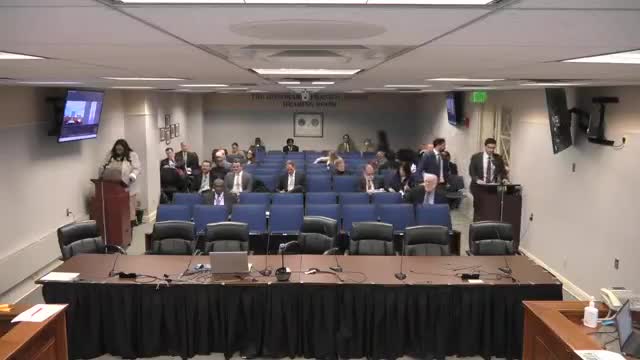
PSC extends PHI smart charge management and allows reallocation to repair utility-owned public chargers amid reliability concerns
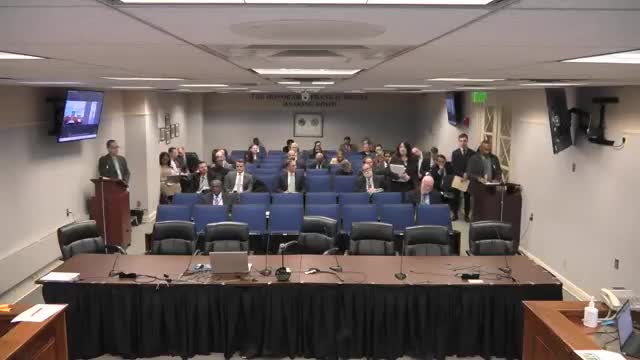
PSC approves Washington Gas's 2025 STRIDE-3 project list, asks for project-level paving cost spreadsheet
